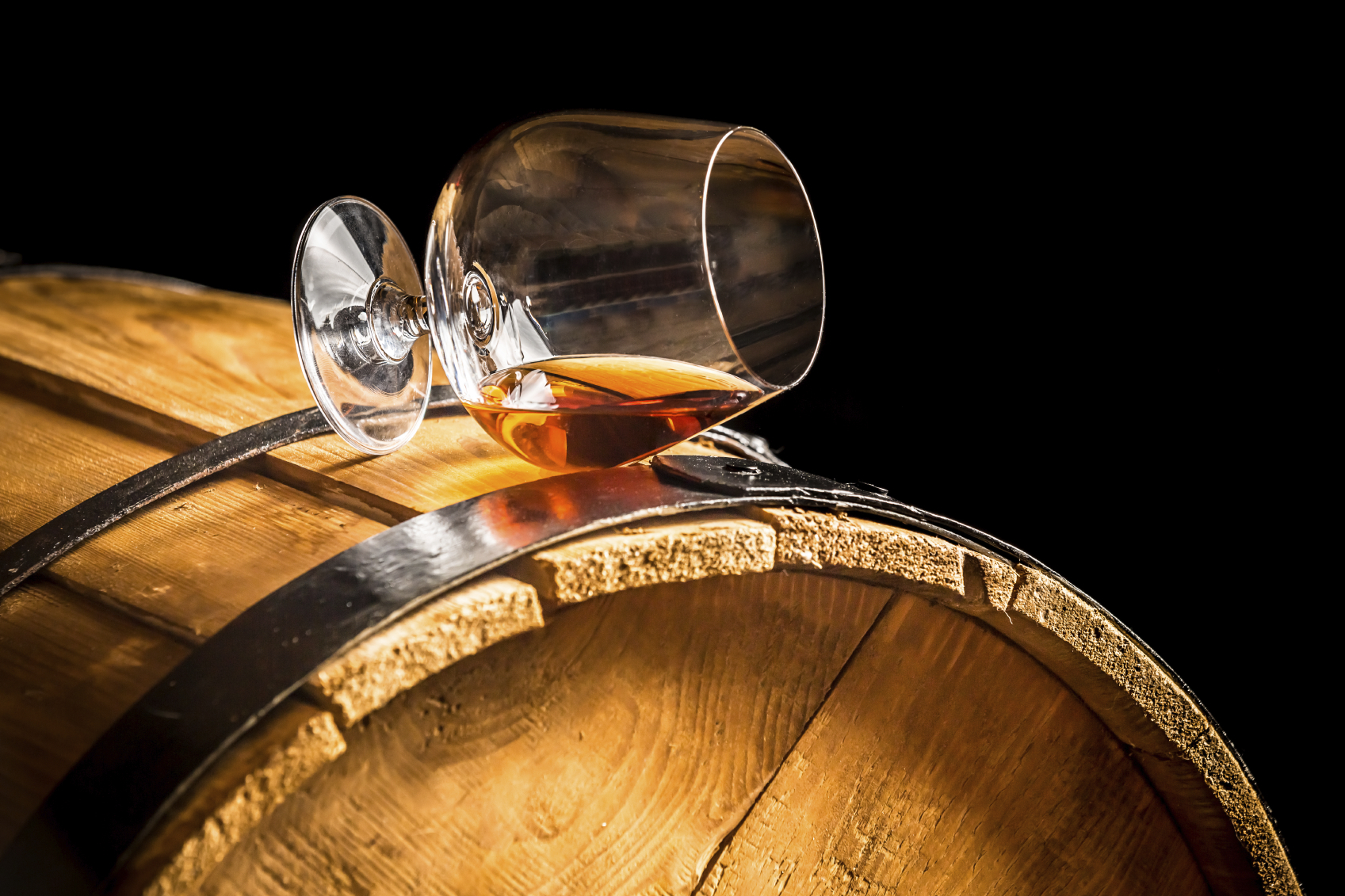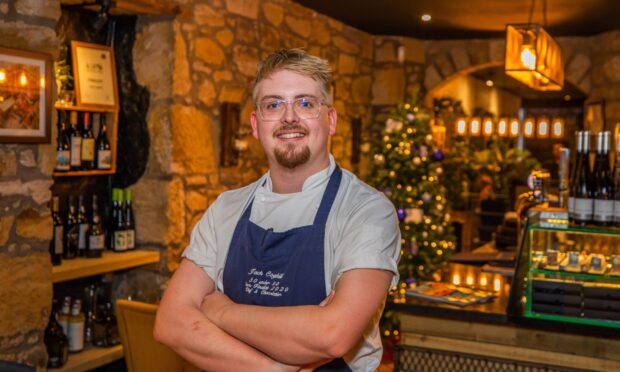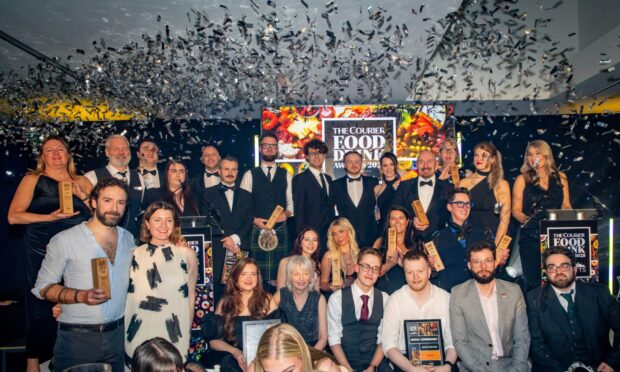It has long puzzled me why the French, who are singularly patriotic, indeed utterly chauvinistic, about their nation’s food and drink, are such big fans of Scotch whisky.
France is Scotch’s biggest export market, with more than 170 million bottles cascading down French gullets in 2015. However, they tend to like cheap blends, many exported in bulk in “tanktainers” or road tankers to be diluted and bottled in France.
As I’ve mentioned before, two of the world’s best-selling blended Scotches are William Peel and Label 5, both produced by French firms. Also, Pernod-Ricard are second only to Diageo in the number of distilleries and Scotch brands they own. And France produces a limited range of home-distilled whiskies, mainly in Brittany, that have a strong following in their local areas.
Nonetheless, I was staggered to read that a certain Nicolas Julhes, boss of the Distillerie de Paris, has claimed that within 15 years France will be producing the world’s best whiskies. It strikes me as foolhardy a statement as a Speyside distillery manager claiming that, come 2030, Scotland will be producing the world’s best brandies.
There’s no doubt that several other nations on this planet, particularly Japan, produce some excellent and award-winning malts. However, Scotland still has a big edge in experience, as well as in public perception and repute, and we produce a phenomenal range of whiskies from – let’s be blunt – the so-so to the very best.
However, good Scotch is still the yardstick against which all other whiskies are measured and, for that reason, criminals in countless countries produce counterfeit Scotch. Why? Because Scotch has the name and the image. I suspect that in some countries gangs try to flog nicely-labelled local rotgut as real French brandy, but I cannot see them bothering to produce counterfeit French whisky, at least not for a generation yet.
No one disputes that France produces many of the world’s greatest wines, spirits and liqueurs, but nearly all are grape-based, not grain-based. Grain expertise is on this side of the North Sea.
However, if I am still alive and writing in 2030, I will revisit this subject.









